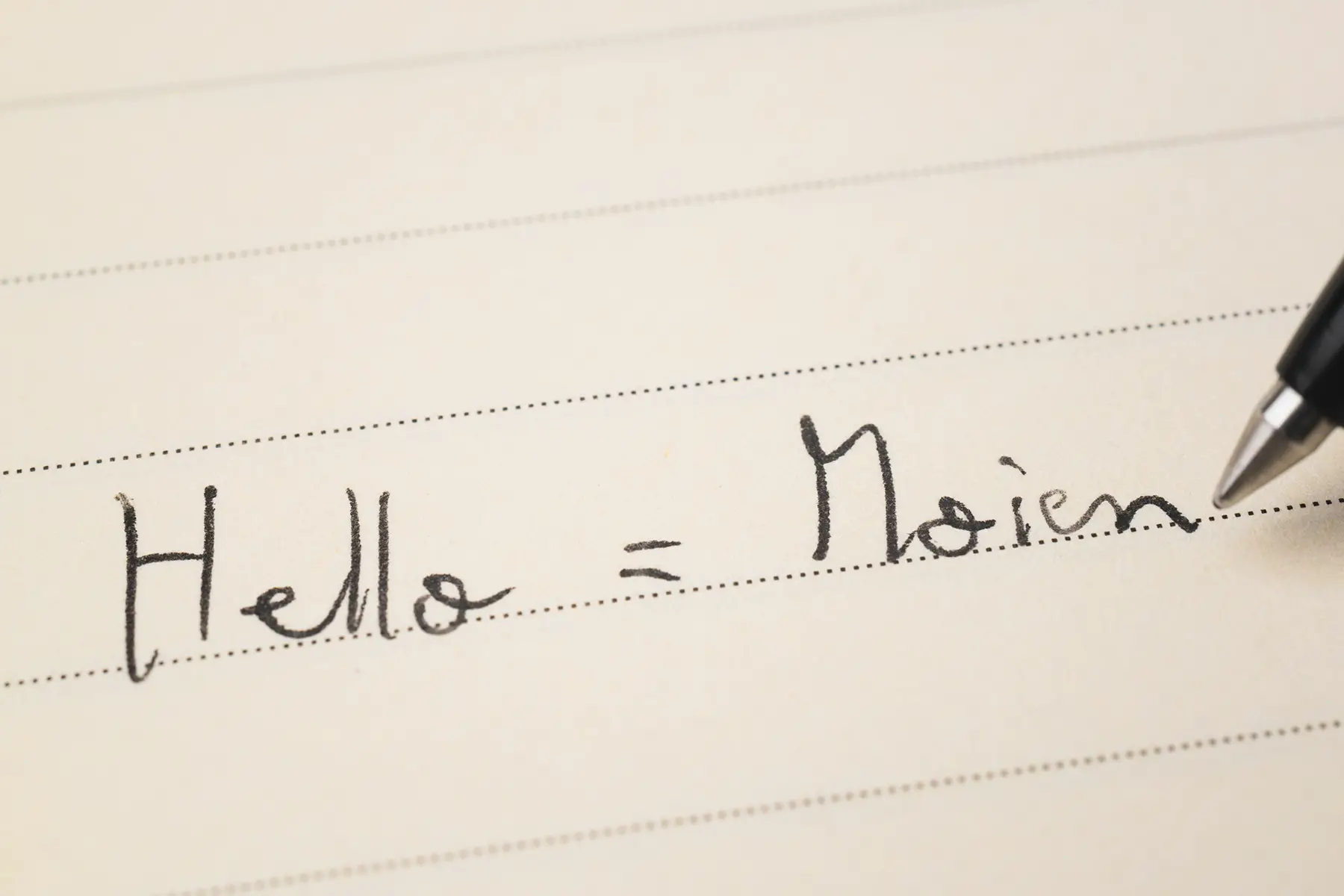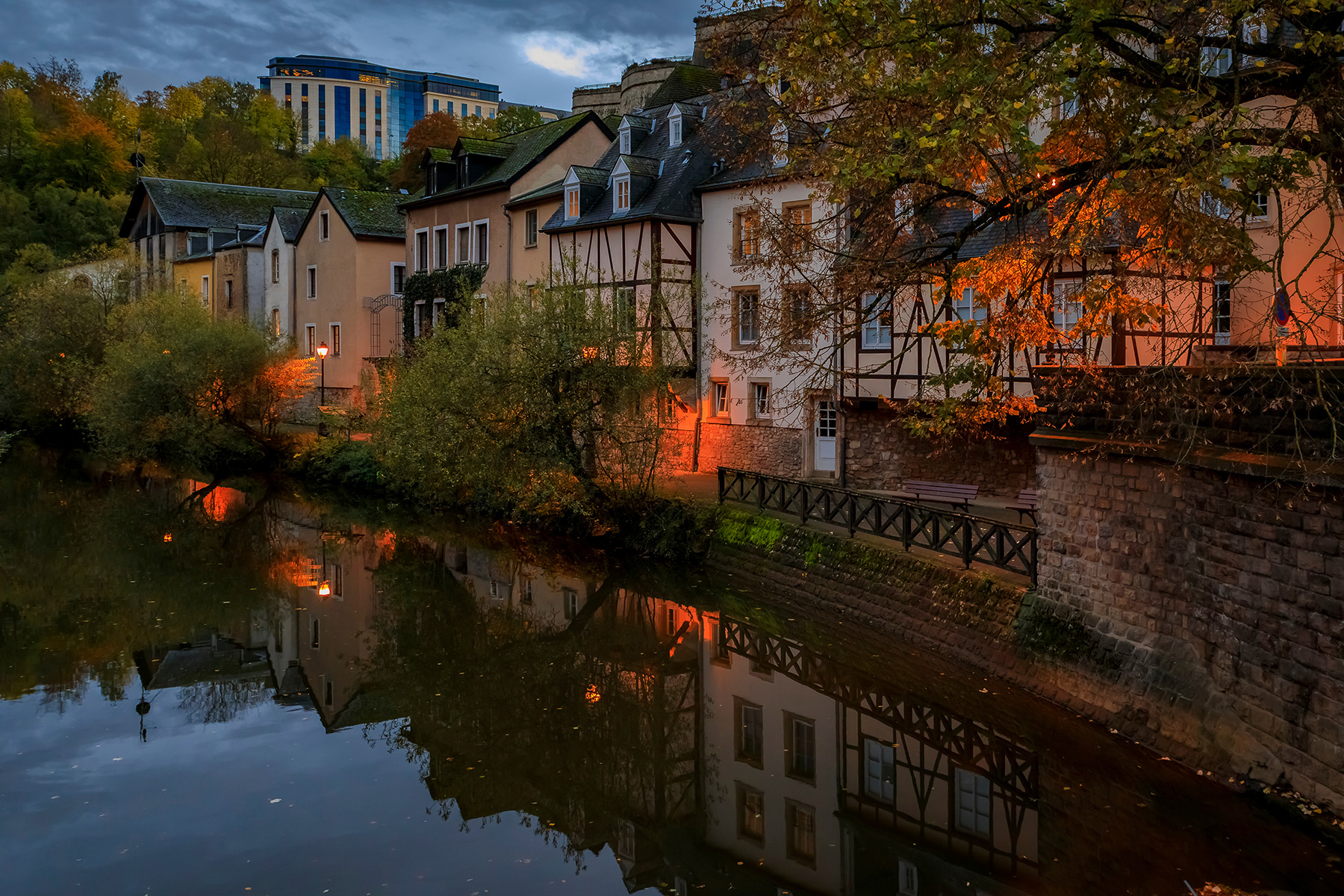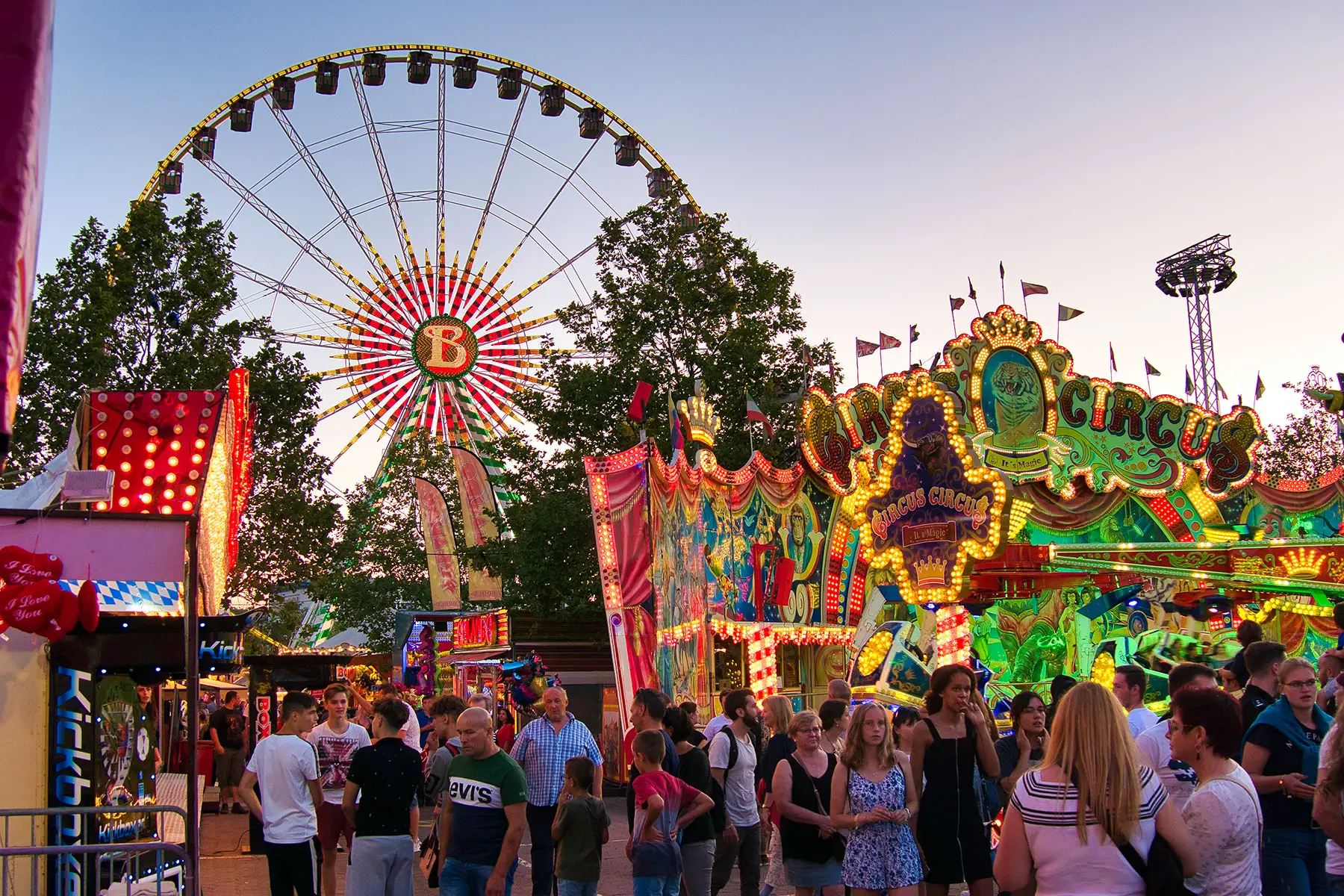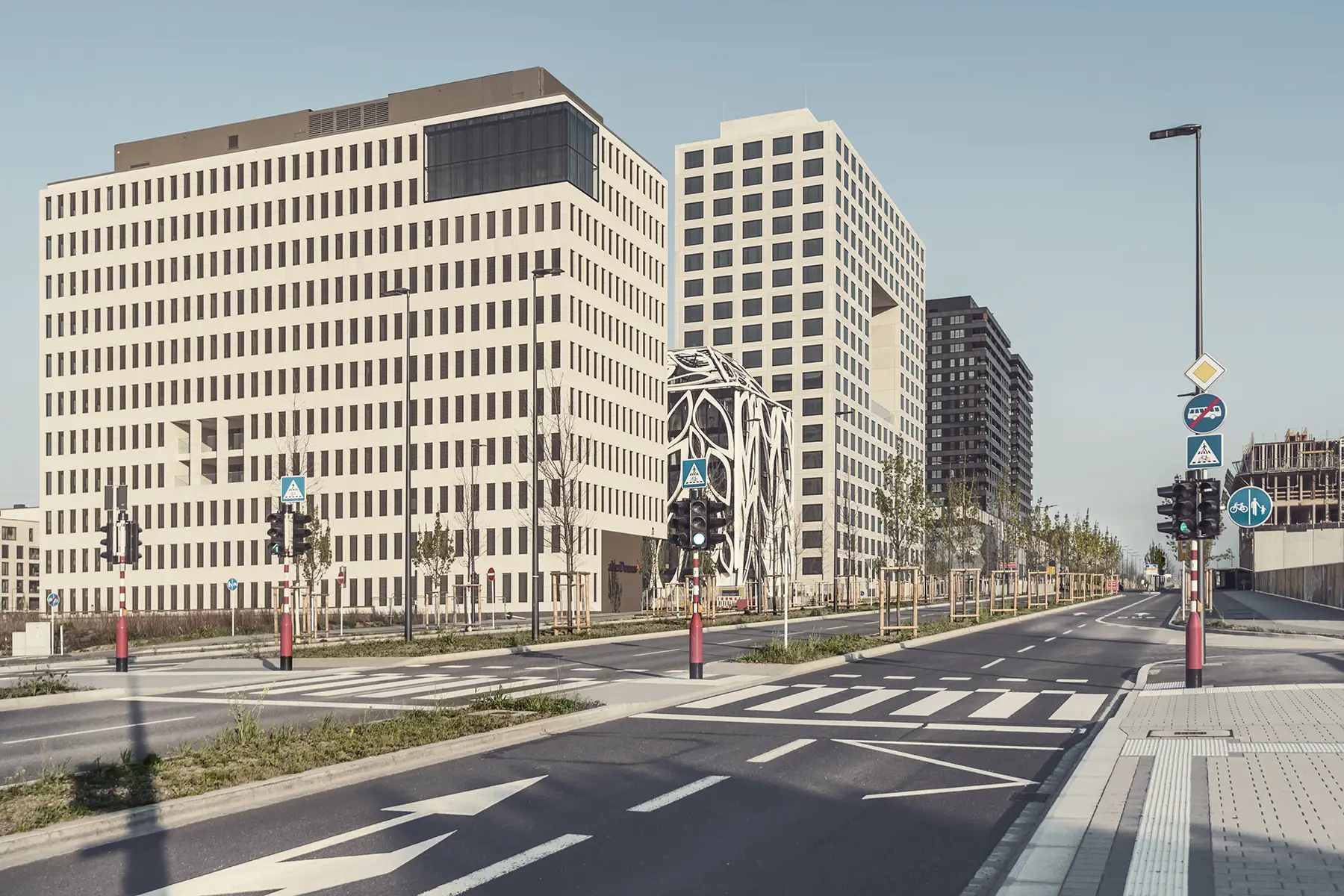Luxembourg may be one of the smallest countries in Europe, but what it lacks in size, it certainly makes up for in cultural diversity. Indeed, the country has the highest percentage of non-national citizens among all EU countries. In fact, nearly 50% of its population hails from diverse backgrounds.
But with such a cosmopolitan mix of cultures, knowing what to expect as a tourist or an expat can be confusing. So, to help you navigate everyday life in the unique Grand Dutchy, this article outlines some of the most important things to know, including:
- Culture and society in Luxembourg
- Gender roles in Luxembourg
- Meeting and greeting people in Luxembourg
- Conversation and communication in Luxembourg
- Clothing and dress code in Luxembourg
- Dining etiquette in Luxembourg
- Socializing in Luxembourg
- Relationships in Luxembourg
- Celebrations in Luxembourg
- Work and business culture in Luxembourg
- Shopping and services in Luxembourg
- Regional variations
Culture and society in Luxembourg
Luxembourg is a predominantly Christian country, with most of the population practicing Catholicism. However, there is also a significant minority of Muslims and Jews, as well as other religions represented in smaller numbers. The majority of people speak Luxembourgish, which is the national language of Luxembourg. French and German are also widely spoken, particularly in business and government settings. Aside from these languages, you may also hear Portuguese as it is the second-largest community in the Grand Duchy.
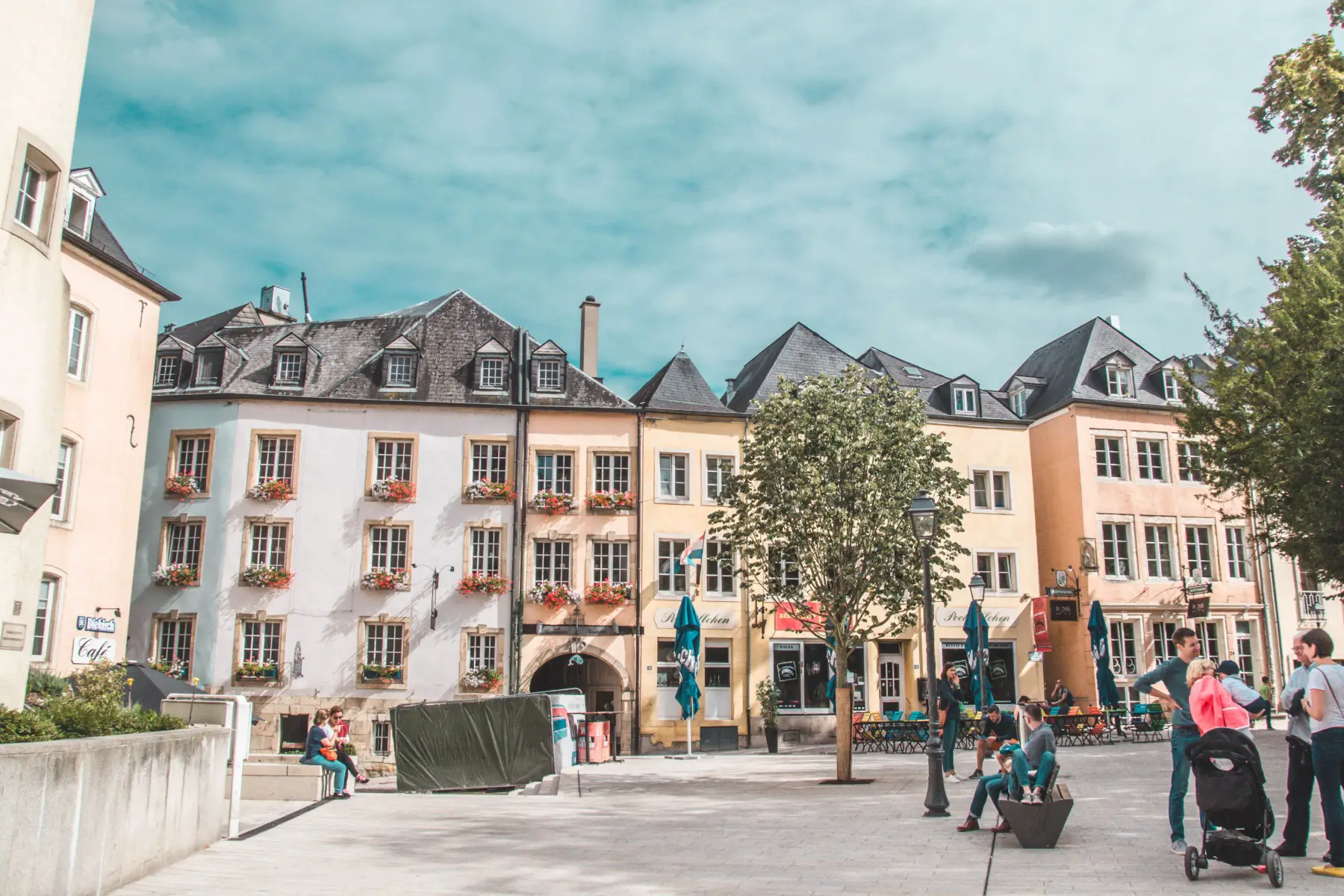
Luxembourg is more relaxed than some other countries when it comes to social class and status. However, it still plays an important role and social mobility is fairly high. Therefore, those born into a particular class can easily redefine their social position based on their occupation and income.
Luxembourg has a strong sense of national identity and pride, focusing on multiculturalism and inclusivity. The country has a liberal social outlook and is highly tolerant towards other groups, including the LGBT+ community and immigrants. In fact, same-sex partnerships were recognized in 2004, and same-sex marriages have been legal since 2015. You can read more about that in our article on marriage in Luxembourg.
Gender roles in Luxembourg
In terms of gender roles, Luxembourg is a country that places a strong emphasis on gender equality. It scored 73.5 out of 100 points on the European Institute for Gender Equality Index in 2022. That said, traditional gender roles and behaviors are still reasonably common. For example, in 2021, it was reported that 63% of women (as opposed to 24% of men) took on the majority of household chores by themselves or entirely on their own.

Women in Luxembourg have equal rights under the law, including equal pay for equal work. Recent updates to laws, such as the 2018 Coalition agreement (French: Accord de coalition de 2018, German: Koalitionsvertrag 2018, Luxembourgish: Koalitiounsaccord 2018) have further strengthened protections against gender-based discrimination in the workplace.
In recent years, the country also has focused on promoting women’s leadership and representation in all areas of society, including politics and business. As a result, both local and foreign women are generally treated with respect and equality. Moreover, efforts are being made to ensure that all women have the same opportunities and rights as their male counterparts. Overall, Luxembourg is a country moving towards greater gender equality and inclusivity.
Meeting and greeting people in Luxembourg
It is customary etiquette in Luxembourg to greet people with a handshake and make direct eye contact when being introduced. However, friends and close colleagues will often greet each other with a kiss on each cheek. In formal meetings, it is important to use titles and surnames but using first names is acceptable in informal situations.
Punctuality is highly valued in Luxembourg, so it is important to arrive on time for meetings and social events. And when visiting someone, it is considered polite to call ahead and schedule a time to visit, rather than dropping by unannounced. It is also important to be mindful of social cues and avoid visiting during traditional meal times.
Conversation and communication in Luxembourg
Common topics of conversation in Luxembourg generally include local and international politics, the state of the economy, and cultural events and activities. However, it is important to avoid discussing topics related to religion, personal wealth, and any controversial issues that may be considered sensitive or offensive to certain individuals or groups.
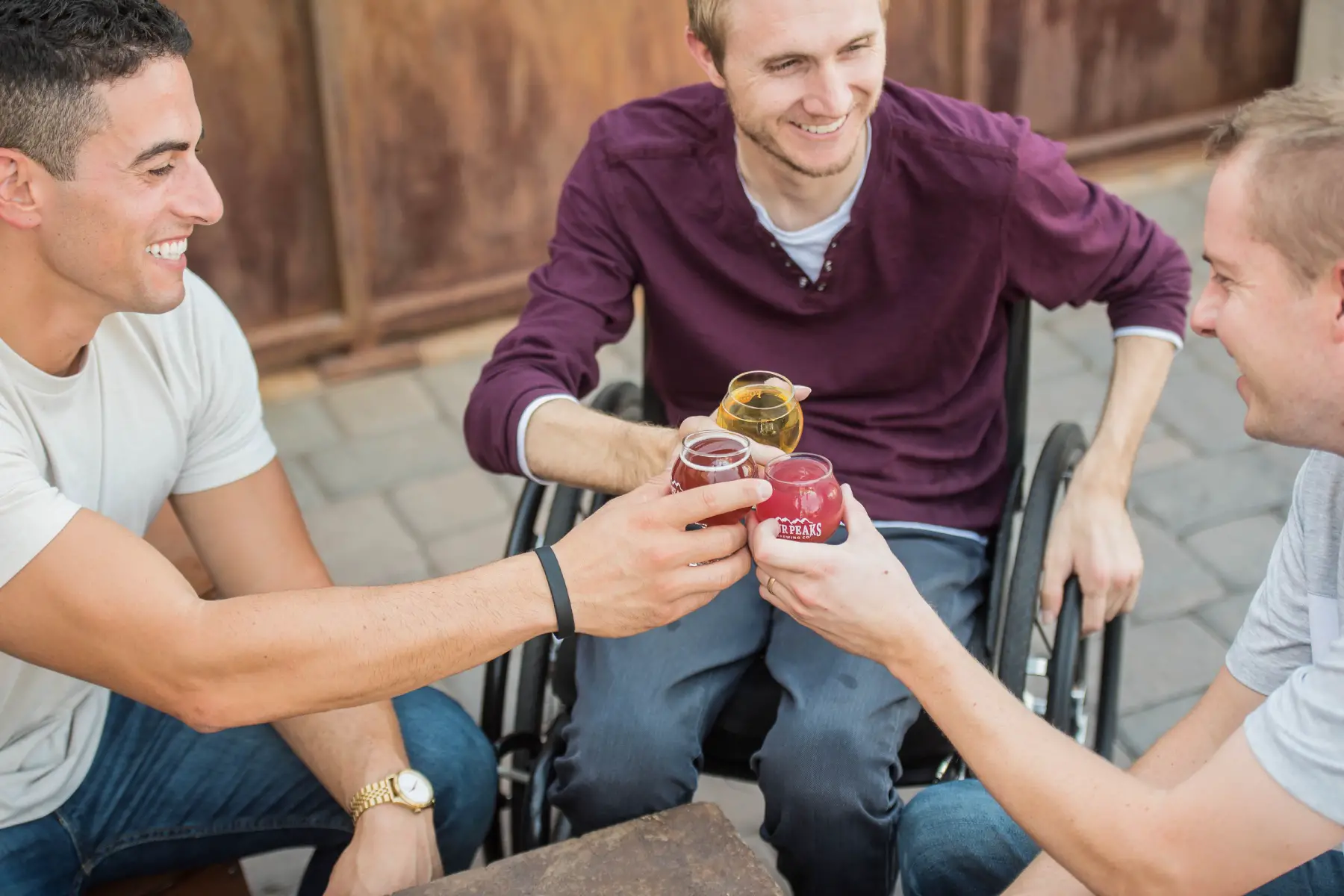
In terms of communication style, people tend to be more reserved and understated. They prefer polite and indirect language over direct and emotional expressions. As mentioned, when addressing people in formal situations, the etiquette is to use their titles and surnames. However, you can use first names in informal settings. It is also common to shake hands when greeting someone, even in social situations.
When it comes to more personal topics, Luxembourgish people tend to be fairly private and reserved. Therefore, it may take some time to develop trust and establish meaningful connections before discussing personal matters. That said, once these relationships are established, people tend to be quite open and honest in their communication.
In terms of written communication, people generally use formal language and polite expressions when addressing others in letters or emails. It is customary to use the recipient’s title and surname, followed by an appropriate salutation, such as “Dear Mr. Smith” or “Madam President”. It is also important to use appropriate language and tone in written communication. This is because people consider it to be a reflection of one’s level of education and professionalism.
Body language
Body language and non-verbal communication play an important role in communication in Luxembourg. Generally speaking, it is common for people to maintain a moderate amount of personal space during conversations. Close physical contact only occurs between close friends or family members. Therefore, while touching someone on the arm or shoulder while chatting is not frowned upon, you should avoid doing it with people you are not familiar with.
There are a few common hand gestures and facial expressions that people commonly use in Luxembourg. For example, a slight nod of the head is often used as a sign of agreement or acknowledgment. Meanwhile, avoiding eye contact is considered to be a sign of disrespect or dishonesty. Similarly, crossing one’s arms is often interpreted as a sign of defensiveness or disinterest. On the other hand, maintaining good posture and making direct eye contact shows that you are confident and engaged.
In terms of dos and don’ts, it is important to be mindful of facial expressions and body language when communicating in Luxembourg. For instance, smiling is generally seen as a positive gesture and a sign of friendliness. That said, excessive or inappropriate smiling may be seen as insincere or untrustworthy. It is also important to maintain a respectful and polite posture when communicating with others. For example, slouching or fidgeting may be interpreted as a sign of disrespect or a lack of interest. Overall, being mindful of your body language and non-verbal communication can help to foster positive relationships and effective communication in the Grand Dutchy.
Clothing and dress code in Luxembourg
Clothing and dress are important aspects of social etiquette in Luxembourg as well as cultural identity. Formal attire for both men and women usually consists of conservative and elegant clothing. This might include a suit and tie for men, and a dress or skirt suit for women. It is also customary to wear muted colors and avoid flashy accessories or clothing.
Casual clothing is also popular in Luxembourg, with people favoring comfortable and practical clothes such as jeans, sweaters, and sneakers. However, it is important to note that casual attire is generally not acceptable in more formal settings. For instance, in business meetings, people are expected to dress appropriately and conservatively.

There are certain situations in which people in Luxembourg may choose to wear formal clothing or “dress up.” These include formal events such as weddings or religious ceremonies, as well as cultural events such as concerts or theater performances. It is also common for people to dress up for business meetings or important job interviews, as a sign of respect and professionalism. Overall, clothing and dress play an important role in social interactions and can be a reflection of one’s personality and cultural background in Luxembourg.
Dining etiquette in Luxembourg
Table manners and protocol are important aspects of social etiquette in Luxembourg, particularly in formal or business settings. Depending on the dining situation, there may be specific rules or customs to follow. This might include waiting for the host to begin eating or using the correct utensils for each course.
In a restaurant, it is common to signal to the waiter by making eye contact or raising a hand, rather than calling out or waving. When using utensils, it is customary to start with the outermost utensils and work inward towards the plate, and to rest them on the plate between bites.
When toasting, people make eye contact and clink glasses with each person at the table, saying “Santé” (French for health) or “Prost” (German for cheers) before taking a sip. Overall, following proper table manners and protocol can help to show respect and appreciation for Luxembourgish culture and hospitality.
Socializing in Luxembourg
Similar to most European countries, socializing is an important part of daily life and culture in Luxembourg. And fortunately for those moving to the Grand Dutchy, there are plenty of opportunities to connect with people in a variety of settings.
Common forms of social activity include dining out at restaurants, going to pubs or bars, attending concerts or theater performances, and participating in sports or fitness activities. There are also numerous outdoor parks and cafes, as well as indoor venues such as cinemas and museums, to spend your free time in.
Luxembourg has a strong drinking culture, with beer being a popular beverage of choice. In fact, according to the World Health Organization (WHO), the nation consumes twice as much alcohol per year as the world average. This amounts to the equivalent of around 500 bottles of beer. That said, this does not take into account that much of this is consumed by cross-border workers and tourists – rather than residents – who “stock up on cheaper spirits at the border”.
Needless to say, while it is deemed acceptable to drink in social settings such as bars or restaurants in Luxembourg, it is best to do so in moderation and avoid becoming visibly intoxicated in public.
Relationships in Luxembourg
Interestingly, although people in Luxembourg tend to be more reserved than in some other European nations, public displays of affection are not uncommon. Indeed, hugging, kissing, and holding hands are all acceptable forms of etiquette, particularly among couples. This is also the case with same-sex couples who are generally welcomed in major cities like Luxembourg City and Esch-Sur-Alzette.
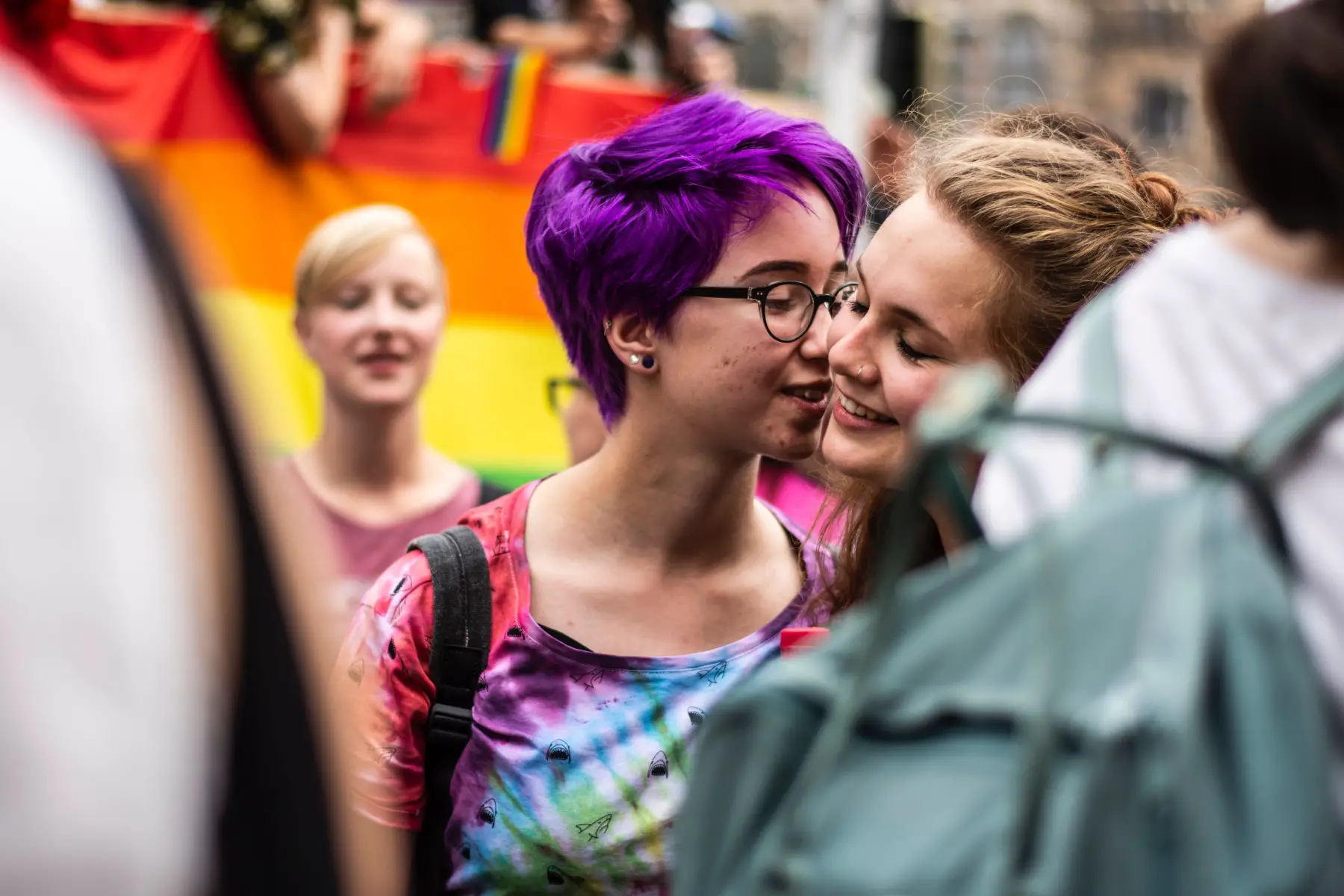
When it comes to family, Luxembourgish culture places a strong emphasis on caring for relatives; especially those who are elderly or in poor health. In fact, it is not common for extended family members to live under the same roof. This is something to bear in mind if you plan on marrying a local.
Speaking of marriage, this is still relatively common in Luxembourg. Having said that, the number of couples who tied the knot in 2020 was below the EU average of 3.2 per 1,000 people. There is also an increase in the age at which people get married for the first time. Indeed, more couples are waiting until their early thirties instead of their twenties. Civil partnerships have also become a popular alternative to marriage.
Same-sex relationships are generally accepted and protected under law in Luxembourg, with same-sex marriage being legalized in 2015. The country has a progressive stance on LGBT+ rights and is known for being an inclusive and welcoming destination for the community.
Celebrations in Luxembourg
There are many occasions that are celebrated throughout the year in Luxembourg, including birthdays, religious festivals, and national holidays. Some of the most important dates include Christmas, Easter, and the country’s National Day on 23 June. During these occasions, people typically gather with family and friends to enjoy a festive meal or participate in cultural events such as parades or fireworks displays.
Birthdays
Birthdays are typically celebrated with family and friends. The birthday person is often treated to a special meal or outing. However, it is also common for them to offer treats such as cake or chocolates to their guests. When it comes to children’s parties, it is customary for the child’s parents to organize the celebration. This includes providing entertainment and refreshments for the guests.
Party games and activities such as piñatas or treasure hunts are popular. Guests are usually given small party favors or goodie bags as a token of appreciation for attending. Overall, birthdays in Luxembourg are a time for celebration and spending time with loved ones.
Gift giving
Gifts are commonly given for a variety of occasions in Luxembourg. This includes birthdays, Christmas, weddings, and other significant life events such as graduations or the birth of a child. Popular choices include flowers, chocolates, wine, and other small tokens of appreciation.
Gifts are typically given at the beginning or end of the occasion, and it is customary for the receiver to open them in front of the giver as a sign of gratitude. While a thank-you card is not always expected, it is considered good manners to express gratitude for any gifts received. This can either be in person or through a note or message. Overall, gift-giving in Luxembourg is a way to show appreciation and celebrate important moments with loved ones.
Work and business culture in Luxembourg
Luxembourg is known for its business-friendly environment, making it an attractive location for international companies looking to establish a presence in Europe. The country’s economy is highly diversified, with a strong focus on finance, technology, and logistics. Business meetings are typically formal affairs, and punctuality and professionalism are highly valued.
It is customary to exchange business cards at the beginning of a meeting. A certain degree of small talk is also expected before getting down to business. While English is widely spoken in business settings, it is always appreciated to have some knowledge of the local language, which is Luxembourgish. Overall, doing business in Luxembourg is a rewarding experience, with many opportunities for growth and collaboration.
Shopping and services in Luxembourg
Shopping in Luxembourg is a pleasant experience, with a wide range of options available, from luxury boutiques to local markets. When it comes to customer service, retailers and public services are generally polite and helpful. And the focus is on ensuring customer satisfaction. It is common for staff to greet customers upon arrival and offer assistance when needed.
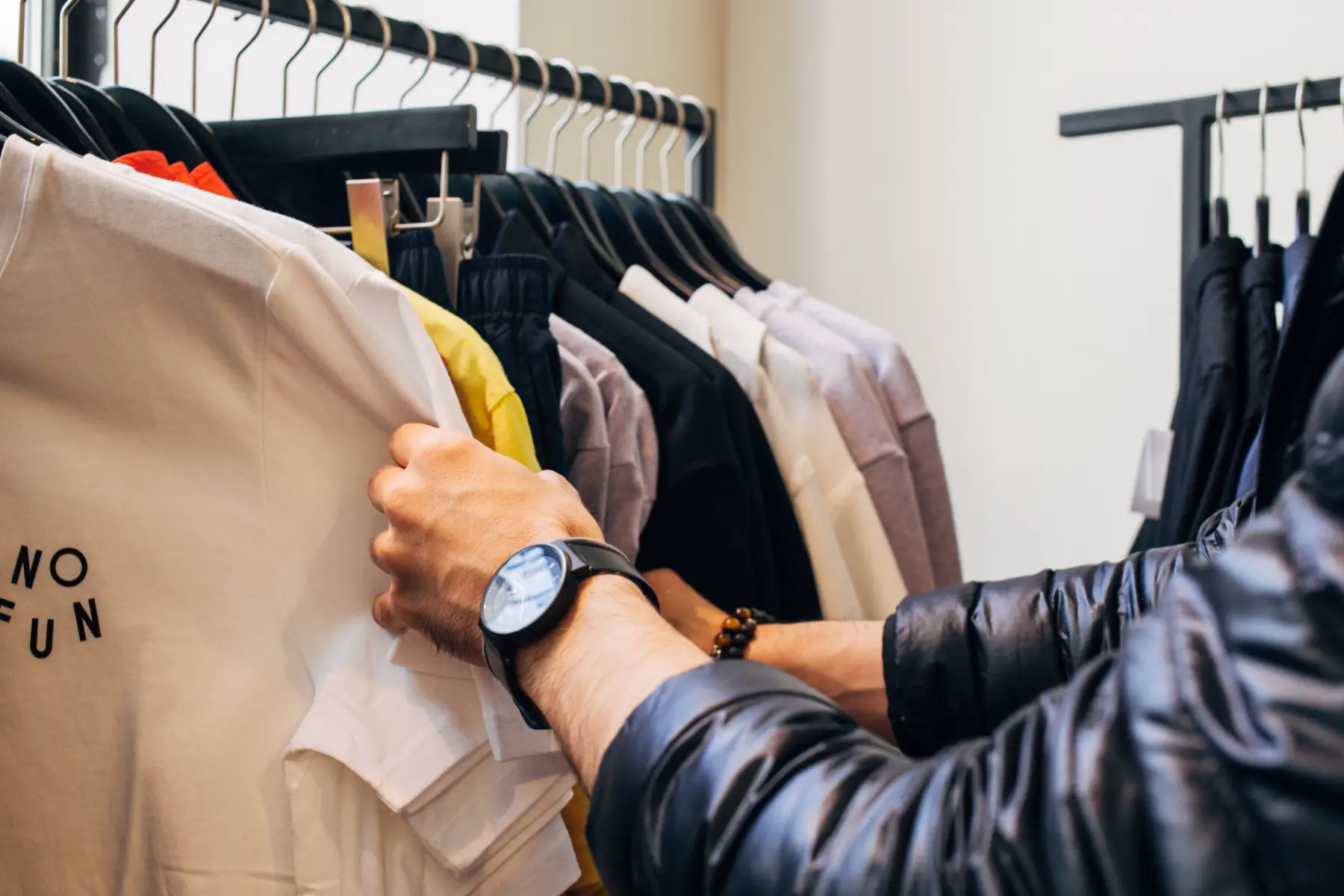
In terms of queueing etiquette, people tend to patiently wait in line and don’t push ahead of others. In most cases, queues are organized on a first-come, first-served basis. Jumping the queue is also considered to be rude. If you are unsure about where to queue, it is always acceptable to ask a member of staff for guidance. Overall, shopping in Luxembourg is a relaxed and enjoyable experience, with a high level of customer service and a polite and respectful attitude toward fellow shoppers.
Tipping
While tipping is not mandatory in Luxembourg, it is generally appreciated for good service. In restaurants, the bill may already include a service charge may. However, it is customary to round up the total or leave a small additional amount for the waiter or waitress. Similarly, when using a taxi, it is common to round up the fare to the nearest euro or leave a small tip. In hair salons and spas, a tip of 10 to 15% is a polite gesture if you are happy with the service. However, in most cases, there is no expectation to leave a tip, and it is always up to the discretion of the customer.
Regional variations
Although Luxembourg is a small country, there are some distinct regional variations in culture, norms, behavior, and etiquette. For example, the north and south regions have different dialects and traditions. The north has more Germanic influences, while the south has more French influences.
In general, the people in the north are seen as more reserved and formal, while those in the south are considered more outgoing and relaxed.



